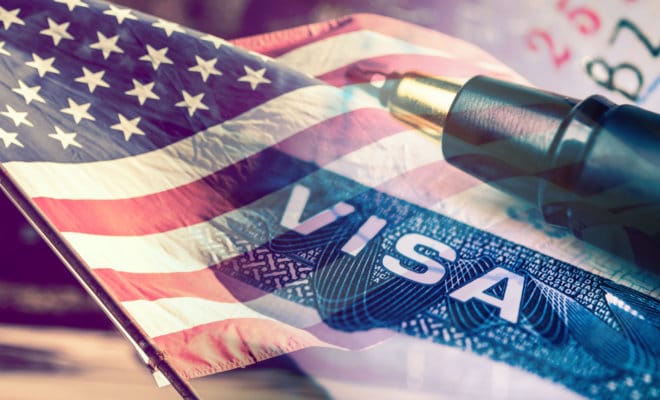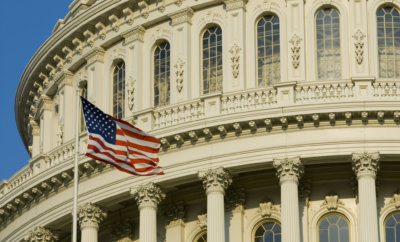Business
Trump Administration Formally Proposes to Repeal ‘Startup Visa’ Program

Representational Image
Photo: Bigstock
The International Entrepreneur Rule rule is "out of sync" with the current policy priorities of the Department of Homeland Security, the U.S. government has said.
The U.S. Department of Homeland Security formally put forth the final proposal to revoke the “startup visa,” the program for entrepreneurs introduced by the Obama administration, on May 25, CNN reported.
The “startup visa” or the International Entrepreneur Rule (IER) rule is based on the premise that foreign entrepreneurs with promising startups would bring about economic benefits and job creation in the country, but it does not lay down clearly the terms under which they may live in the United States, the DHS said in its filing to the Federal Registrar, according to the report.
Saying that the policy is “inadvisable, impracticable, and an unwarranted use of limited agency resources,” the department said that the program does not include enough measures to protect American workers and investors and that it is “out of sync with DHS’ current policy priorities,” the publication said.
The notice will be officially published on May 29, following which the public will be given 30 days to comment on the proposal to withdraw the rule.
The visa program, which was signed almost at the end of former U.S. President Barack Obama’s tenure, was scheduled to be launched in June 2017. It aimed to provide a “parole visa” to startup founders, most of whom stay in the United States on H-1B visas. The parole status, usually given to workers on humanitarian or medical grounds, is given for two and a half years, and can be extended for a further two and a half years.
Under the rule, startup companies that are less than five years old, have the potential to create jobs and achieve fast growth, and can show enough funds raised — at least $100,000 through government grants or a minimum of $250,000 from a qualified American investor — are eligible for the “startup visa.”
The visa could be revoked at any time during the parole period if the company stopped showing benefit.
The DHS has been stalling the implementation of the rule since July 2017, when the Trump administration indicated that it plans to suspend the program.
In December 2017, in response to a lawsuit filed by the National Venture Capital Association (NVCA), U.S. district court judge James E Boasberg ruled that the current administration can no longer delay the implementation of the IER. The case was filed by Indian-origin brothers Atma and Anand Krishna, along with other tech entrepreneurs, against the DHS for refusing the implement the rule.
The NVCA, earlier this month, filed a motion in the Washington District court over the failure of DHS to approve applications from foreign entrepreneurs to operate in the country. Besides the trade association, the plaintiffs also included some startups and their founders, such as Omni Labs and its founders Nishant Srivastava and Vikram Tiwari.
The Trump administration has, however, been steadily moving to rescind the rule, with the Office of Information and Regulatory Affairs clearing the move to roll it back on May 2. United States Citizenship and Immigration Servicese director L. Francis Cissna also wrote a letter to the Senate last month, confirming the plans to rescind the rule.



